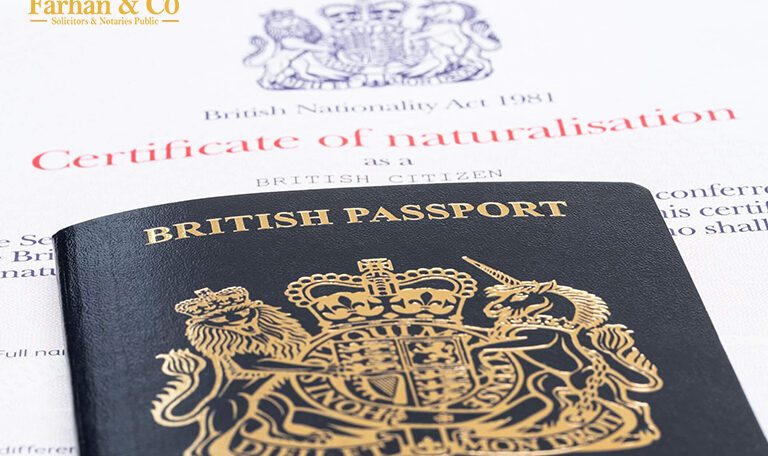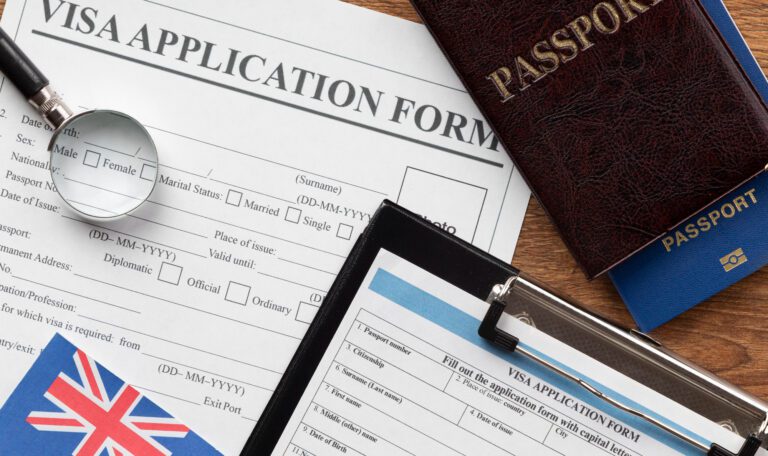The Key Changes to Family Law in 2024 observes a radical turn of events affecting nearly everything. These range from..


The Key Changes to Family Law in 2024 observes a radical turn of events affecting nearly everything. These range from..

Citizenship Applications in the UK: Steps to Becoming a British Citizen You also want to become a British citizen but..

Top Law Firms in Glasgow Any business, corporate, immigration, human rights, family violence or any other legal issues that require..

The process of identifying a UK immigration lawyer is not very easy. Situating the legal and regulatory framework of immigration..

Essentially, the subject of immigration matters can be considered confusing to many. Due to the shifting of laws, tiresome formalities,..

Your purpose decides what you want, though there are various types of UK visas. In this regard, you require professional..

A Guide to UK Immigration The UK immigration is not a small achievement, especially in light of the current change..